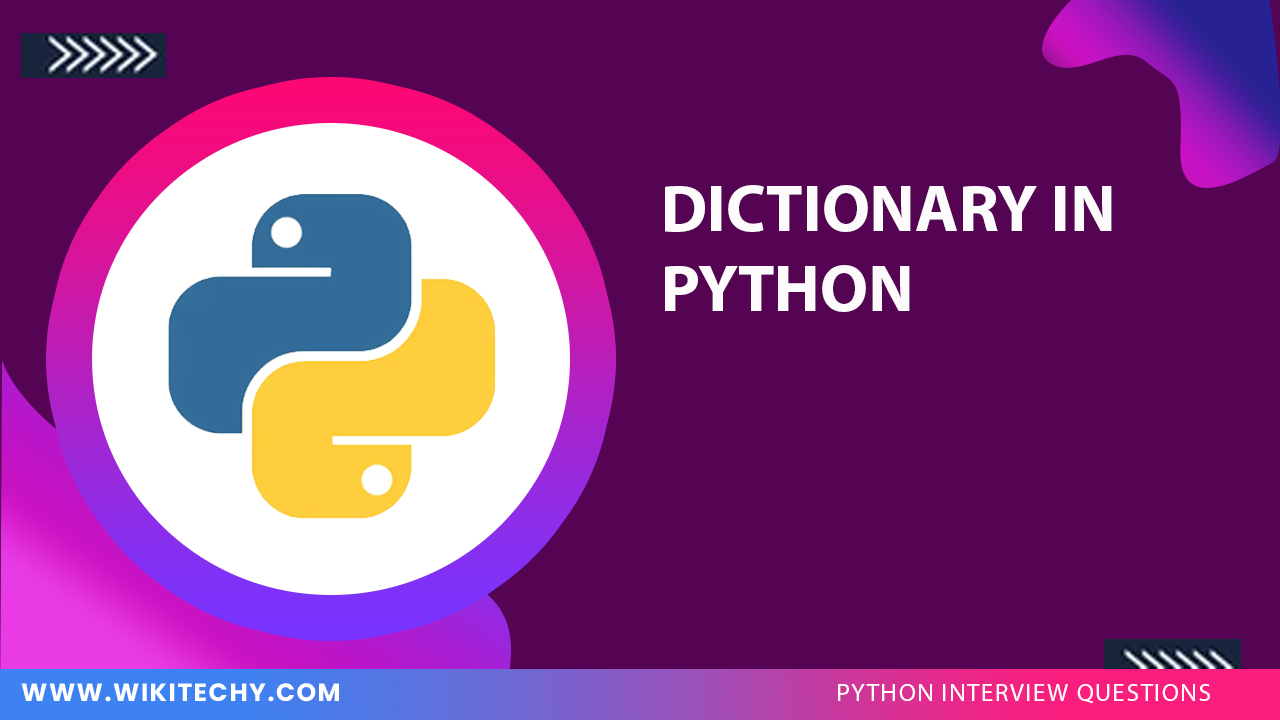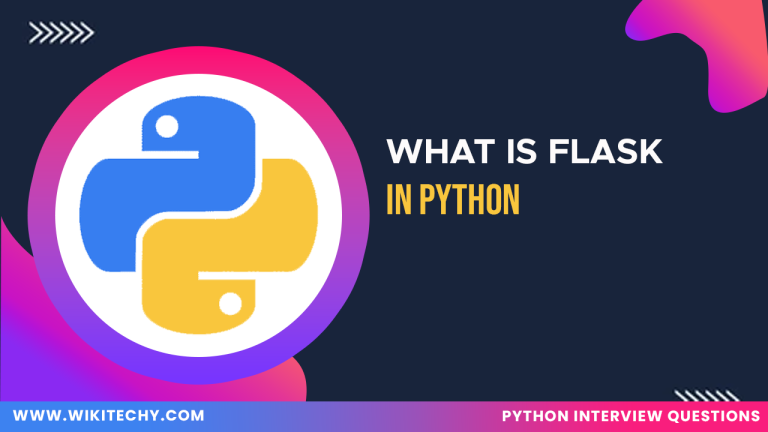Definition
A dictionary in Python is a collection of key-value pairs, where each key is unique, and values can be of any data type. Dictionaries are mutable, unordered, and optimized for fast lookups, updates, and deletions.
Example
Output
Features
- Keys are Unique: Each dictionary key must be unique.
- Values can be Duplicates: Values do not need to be unique.
- Key Types: Keys must be immutable (e.g., strings, numbers, tuples).
- Unordered: In Python 3.7+, dictionaries maintain insertion order but are conceptually unordered.
- Built-in Methods: Rich set of methods like
get(),keys(),values(), anditems()for efficient data handling. - Dynamic Resizing: Automatically adjusts memory usage as the dictionary grows.
Advantages
- Fast Data Retrieval: Optimized for quick lookups by key.
- Flexibility: Supports various data types for values (e.g., strings, numbers, lists).
- Mutability: Can be modified after creation (add, update, or delete items).
- Dynamic Sizing: No need to predefine size; grows as needed.
- Readable Code: Key-value structure makes data organization intuitive.







